当前位置:
X-MOL 学术
›
Bus. Strategy Environ.
›
论文详情
Our official English website, www.x-mol.net, welcomes your feedback! (Note: you will need to create a separate account there.)
An ecosystem orchestration framework for the design of digital product passports in a circular economy
Business Strategy and the Environment ( IF 12.5 ) Pub Date : 2024-07-01 , DOI: 10.1002/bse.3868 Steffen Foldager Jensen 1 , Jesper Hemdrup Kristensen 1 , Andreas Christensen 1 , Brian Vejrum Waehrens 1
Business Strategy and the Environment ( IF 12.5 ) Pub Date : 2024-07-01 , DOI: 10.1002/bse.3868 Steffen Foldager Jensen 1 , Jesper Hemdrup Kristensen 1 , Andreas Christensen 1 , Brian Vejrum Waehrens 1
Affiliation
Digital product passports are considered key levers for a circular economy. By encouraging intraorganizational and interorganizational exchange of data and information, they enable informed life cycle decision‐making to circulate products and materials at their highest utility. This is contingent on the engagement of supply chain actors to contextualize the industrial implications in the span between regulatory compliance and additional value‐generation. Through the lens of ecosystem orchestration, this multiple case study draws upon industrial insights from three product manufacturers as well as a sample of their respective suppliers, service partners, customers, and third‐party recycling companies to identify 16 practices and five orchestration mechanisms. These unfold at different stages of ecosystem maturity. Combined, they construct a framework for the adaptation of digital product passports in industrial ecosystems. This provides guidance for practitioners throughout the contextualization and utilization of digital product passports and extends the scientific debate in the direction of operationalization. As digital product passports are still in their infancy, avenues for further research are identified, particularly concerning the operational foundations, including the adherent driving and inhibiting factors toward the implementation of digital product passports.
中文翻译:

用于循环经济中数字产品护照设计的生态系统编排框架
数字产品护照被认为是循环经济的关键杠杆。通过鼓励组织内和组织间的数据和信息交换,它们能够做出明智的生命周期决策,从而以最高效用循环产品和材料。这取决于供应链参与者的参与,以了解监管合规性和额外价值创造之间的行业影响。通过生态系统编排的视角,这个多案例研究借鉴了三个产品制造商的行业见解以及各自的供应商、服务合作伙伴、客户和第三方回收公司的样本,以确定 16 种实践和 5 种编排机制。这些在生态系统成熟的不同阶段展开。他们共同构建了一个在工业生态系统中适应数字产品护照的框架。这为从业者在数字产品护照的情境化和使用过程中提供了指导,并将科学辩论延伸到了可操作性的方向。由于数字产品通行证仍处于起步阶段,因此确定了进一步研究的途径,特别是在操作基础方面,包括数字产品通行证实施的持续驱动和抑制因素。
更新日期:2024-07-01
中文翻译:

用于循环经济中数字产品护照设计的生态系统编排框架
数字产品护照被认为是循环经济的关键杠杆。通过鼓励组织内和组织间的数据和信息交换,它们能够做出明智的生命周期决策,从而以最高效用循环产品和材料。这取决于供应链参与者的参与,以了解监管合规性和额外价值创造之间的行业影响。通过生态系统编排的视角,这个多案例研究借鉴了三个产品制造商的行业见解以及各自的供应商、服务合作伙伴、客户和第三方回收公司的样本,以确定 16 种实践和 5 种编排机制。这些在生态系统成熟的不同阶段展开。他们共同构建了一个在工业生态系统中适应数字产品护照的框架。这为从业者在数字产品护照的情境化和使用过程中提供了指导,并将科学辩论延伸到了可操作性的方向。由于数字产品通行证仍处于起步阶段,因此确定了进一步研究的途径,特别是在操作基础方面,包括数字产品通行证实施的持续驱动和抑制因素。


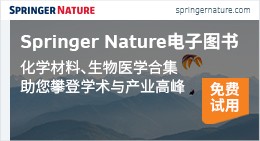

























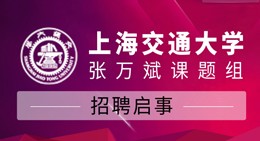
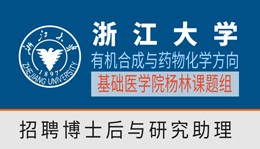
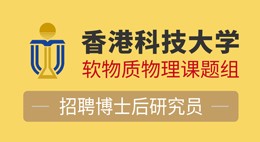

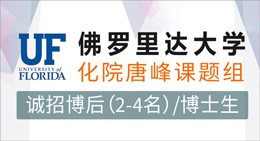

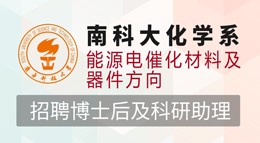



 京公网安备 11010802027423号
京公网安备 11010802027423号